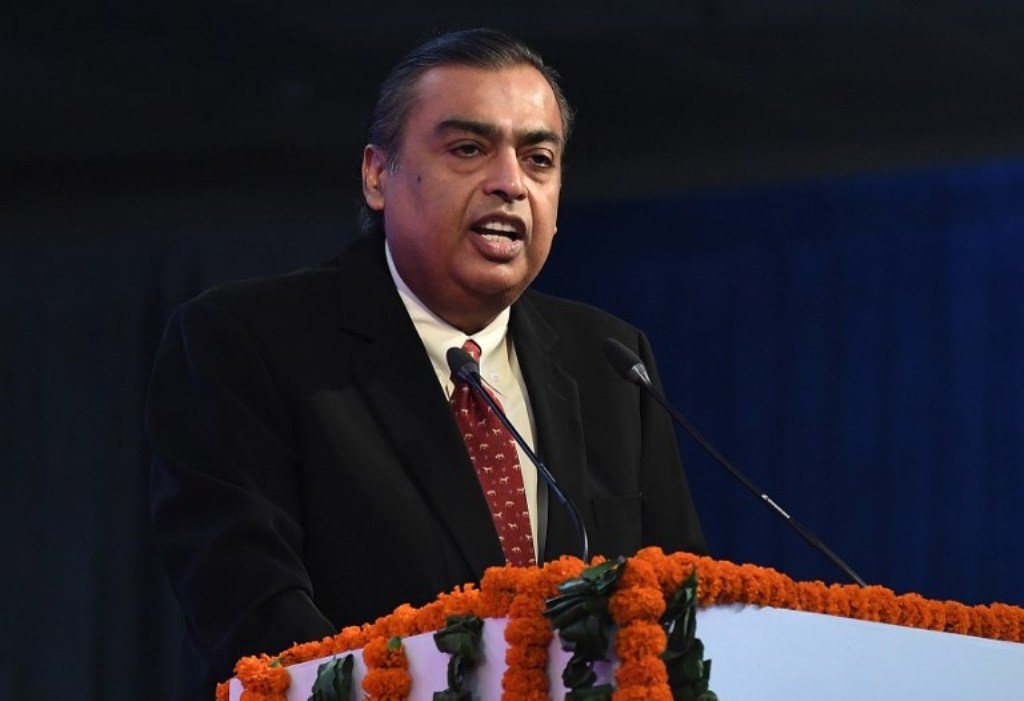Committed to delivering quick returns to marquee investors like Google and Facebook, Reliance Retail Venture (RRVL) has found a much simpler way to fire its growth ambitions.
India’s largest offline retail chain acquired a large chunk of the second-biggest bricks-and-mortar retailer in the country.
That not only consolidates RRVL position in the country’s still-evolving organised retailing space but it also widens the gap between its competitors in a sector that is already witnessing huge investments by global e-commerce giants such as Amazon and Walmart.
In a much-anticipated announcement over the weekend, Reliance Industries Limited (RIL), which claims to be India’s largest private-sector company, announced the acquisition of the retail, wholesale, logistics and warehousing business of Future Group for $3.4 billion.
The acquisition, done through RRVL, which is RIL’s subsidiary, will add close to 1,800 retail stores of Future Group’s Big Bazaar, Easyday, Central, and Foodhall stores, spread across 420 cities, to Reliance’s footprint of 10,900 stores in groceries, electronics and other formats across 200 cities.
It also helps RRVL to command one-third of the bricks-and-mortar stores in the organised retail sector.
The announcement further complicates the future of Amazon and Walmart’s Flipkart in India, the largest open market globally by users, where e-commerce still accounts for just 3% of all retail sales.
India’s retail market is estimated to balloon to $1.3 trillion by 2025, up from $700 billion last year, according to consultancy firm BCG and local trade group Retailers’ Association India.
Amazon had shown interest in Future Retail, too. The company, which last year bought a tiny portion of Future Group’s business, was in talks to increase its stakes in the firm, according to earlier local media reports.
The American e-commerce firm, which has invested more than $6.5 billion in its India business, said in January that it had also inked a deal with Future Group to help the Indian firm sell online.
Facebook, which has invested $5.7 billion in Jio Platforms, said the company will explore ways to work with RIL to digitise the nation’s 60 million independent shops as well as other small and medium-sized businesses.
Bringing in ‘Patient Capital’
According to Ankur Bisen, head of consumer and retail practice at Technopak, a leading management consulting firm in Indian retail space, the deal augurs well not only for RIL, but also for the country’s modern retail, because it serves the important purpose of improving supply chain linkages particularly in the food and grocery space.
“Formalisation of supply chain brings better trade practices, increases the share of formal employment, provides direct linkages to farm produce, and enables infrastructure investment in supply chains to support formal demand” Bisen told AF.
“India was lacking these concentrated efforts in modern retail because the size of the retailers was too small to effect this change.
“Besides, lately, retail capital in India has not been patient either,” he added.
Patient capital, according to the industry parlance, is capital that is not in a hurry to deliver returns or profits to its owners or investors.
Yet, there was also a need to deliver performance for RIL. Mukesh Ambani, Asia’s richest industrialist who controls RIL, has secured about $20 billion of investments from Facebook, Google, and 11 other high-profile investors for his telecom venture Jio Platforms this year.
“RIL has reoriented itself towards JioMart, Jio Platform and Reliance Retail with marquee investors,” Bisen said. “I do not recall a single venture in India where both Google and Facebook have made significant investments. You can imagine the lure of Reliance to provide the growth story of India to both strategic and tactical investors.”
For investors, who, Bisen added, had pumped in a lot of money in the company based on Ambani’s promised-returns, RIL also had to fire its growth engines quickly.
“To do that RIL is short on time and does not have the luxury to build capabilities like good products, vendors supply chain, and access to consumer markets from the scratch,” he said.
Taking Out Stress
“The deal also augurs well for the sector as a whole by taking the stress away, because the Future Group was getting a debt-ridden business. While, it was the dominant player with vendor linkages, organised jobs, formats and leasing contracts, it is also a fact that the group is reeling under a huge debt burden, which is almost taking the company down,” Bisen said.
With more than $2bn in debt, the Future Group has been seeking funding support for several months and went through several rating downgrades in recent months due to delays in payments. The delays were on account of poor liquidity due to lockdowns in the wake of the coronavirus pandemic.
The deal will help RRVL accelerate and provide “support to millions of small merchants in increasing their competitiveness and enhance their income during these challenging times,” RIL said in a statement.
The Future Group has played an important role in the evolution of modern retail in India. RIL hopes to continue the growth momentum of the retail industry with its unique model of active collaboration with small merchants as well as large consumer brands, RIL added.
“Clearly, despite the scale of the RIL-Future deal and RIL’s supremacy, the Indian retail space still offers enough space for newer players to emerge and build scale, and those who have right business models, will also survive and grow,” said Bisen.
• Indrajit Basu, with additional reporting by TechCrunch
This page was updated on Jan 7, 2022 for style purposes.
READ MORE:
Reliance sells $1.5bn stake in drive to become debt-free
Amazon faces new antitrust challenge from Indian online sellers: legal documents
























